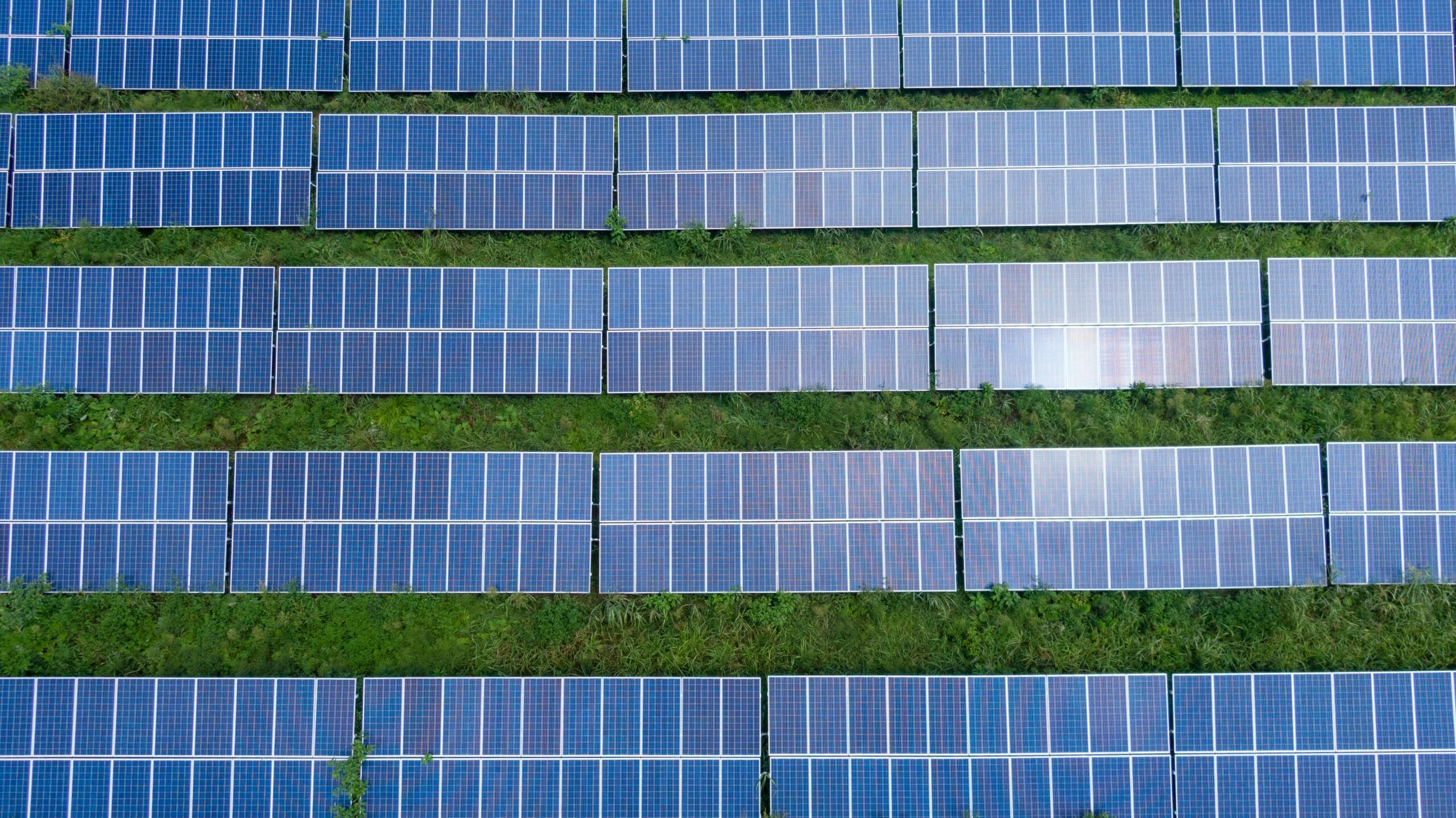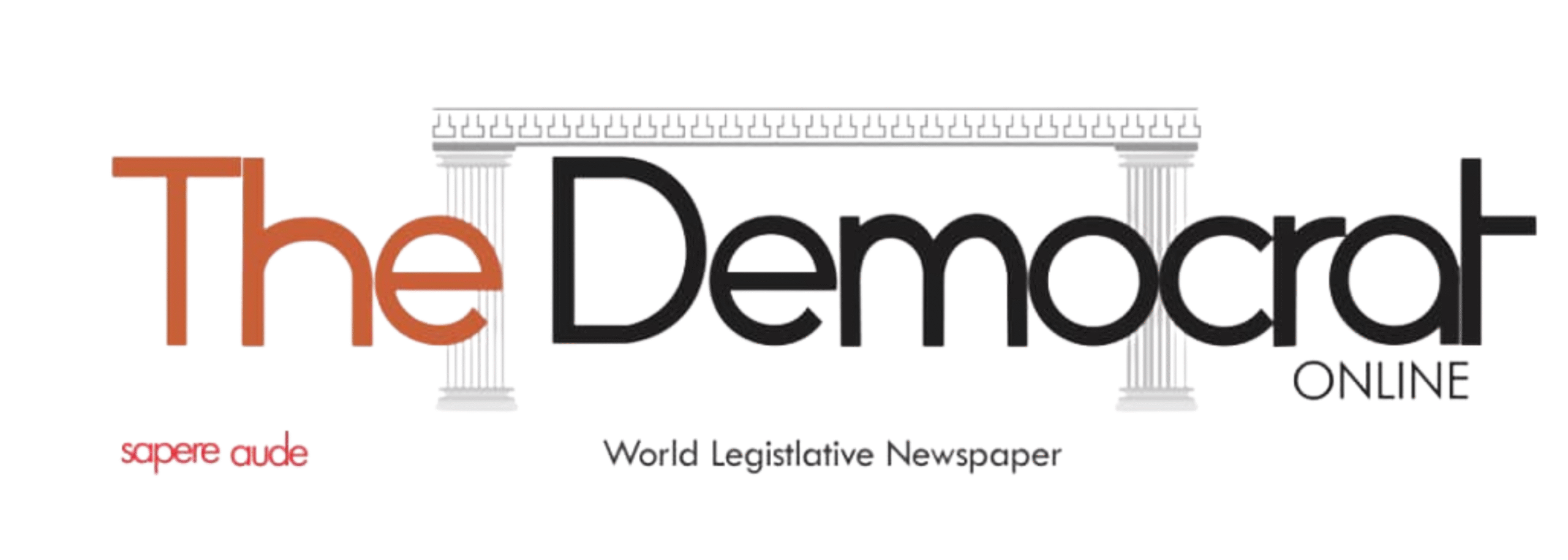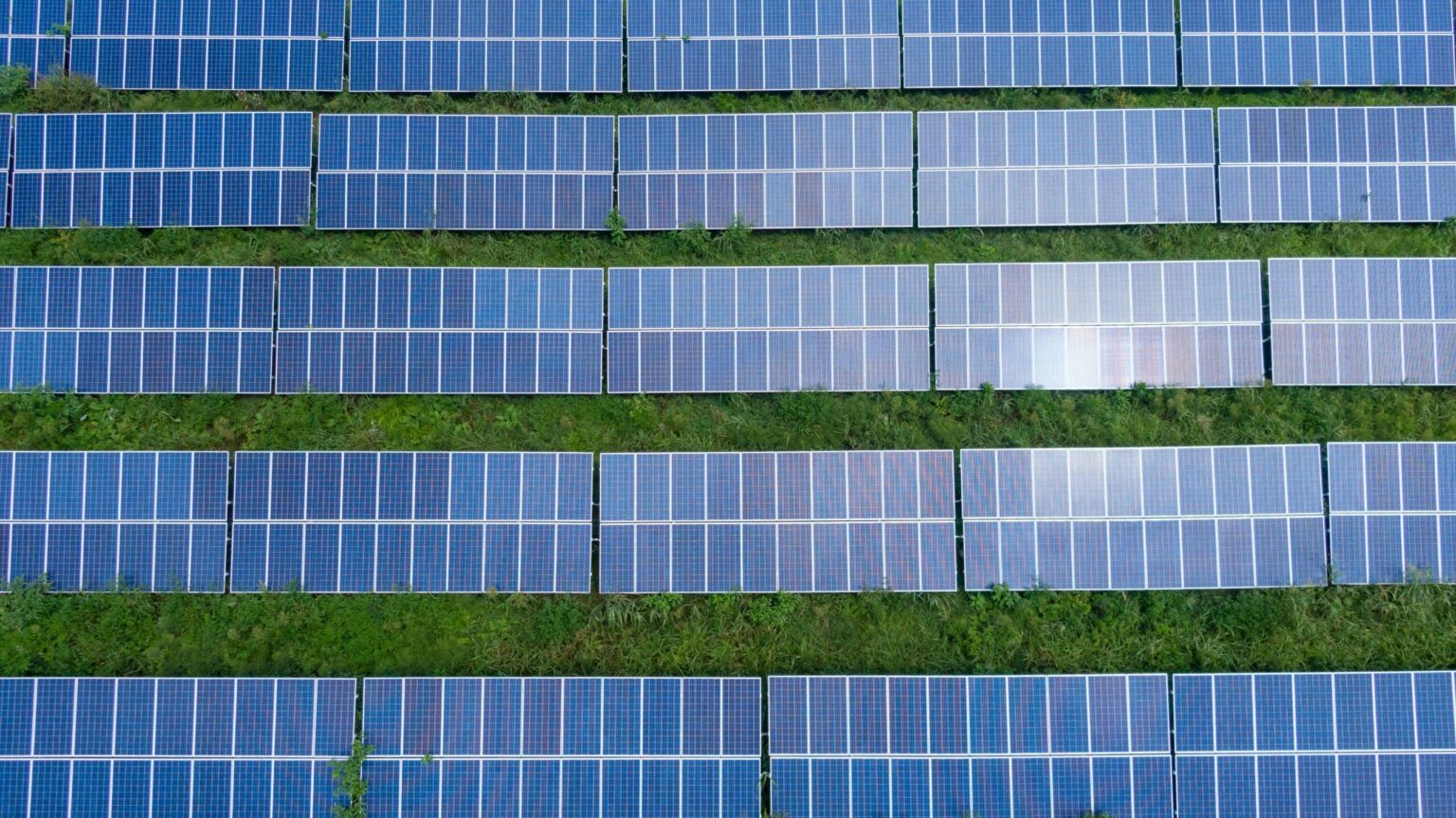
Experts have raised concerns over the Federal Government’s plan to ban solar panel imports, warning it could harm Nigeria’s renewable energy goals, job creation, and local production. The move, aimed at boosting local manufacturing and conserving foreign exchange, is part of President Tinubu’s industrialisation agenda. The Minister of Science and Technology recently announced the policy as a step toward clean energy transition.
He stated that the move supports Presidential Executive Order No. 5, which promotes local content in science, engineering, and technology.However, stakeholders caution that rushing into a total ban without sufficient local capacity could hinder ongoing solar projects, increase installation costs, and delay Nigeria’s shift to clean energy.What Experts Are SayingDr. Yusuf Adedayo (UNILAG): Local production is important, but a ban now is premature.
Most producers still rely on imports; a ban could stall rural energy access.Dr. Muda Yusuf (CPPE): The ban may worsen Nigeria’s energy crisis. Executive Order 5 is a procurement guide, not a trade ban.Engr. Hadiza Musa (GreenSource Power): Sudden ban could raise solar costs. Advocates gradual shift using tariffs, incentives, and support for local firms.Policy Uncertainty LoomsNo official ban yet; consultations ongoing.
Govt plans a phased approach with possible exemptions. Final decision rests with FEC and the President.What You Should KnowNigeria imports most solar parts from China, India, Germany.Solar powers rural, off-grid areas.Target: 30% renewable energy by 2030 (ETP




